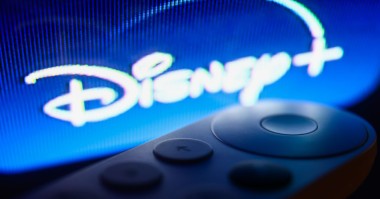@PlainEnglish podcast’s take on the systemic failure of the streaming wars
This article provides highlights from a fascinating podcast.
Here are a couple of extracts/examples.
I think this is extremely important, because when you think about why this was able to occur, which gets into the second part of this answer, cable was this beautiful, socialistic almost experiment, right? It was this idea that you wanted your competitors to perform extremely well. You wanted ESPN, ESPN2, and ESPN3 to perform really well, because that bled down to the lower average from demand, lower average from viewership, lower average from overall subscribers within the pay TV model. The more people that were taking in this $300 cable system, the less churn that you were seeing and the less you had to worry about each one of your single titles performing, because there was this security blanket of revenue coming in that was creating these extremely high profit margins.
I think the misconception that a lot of these legacy companies took was they looked at that and said, “Therefore, there is strong demand for our content as well on our own individual apps.” But they didn’t actually learn from the TV-everywhere, TV-anywhere situation, which was consumers don’t want a lot of apps. They want everything in one place, and they’re willing to pay for it. This was the beauty of pay TV. They didn’t necessarily want Bravo or they didn’t necessarily want ESPN, but they wanted enough of it that they were willing to say, “Yeah, OK, we’ll give you $200.”

Add comment